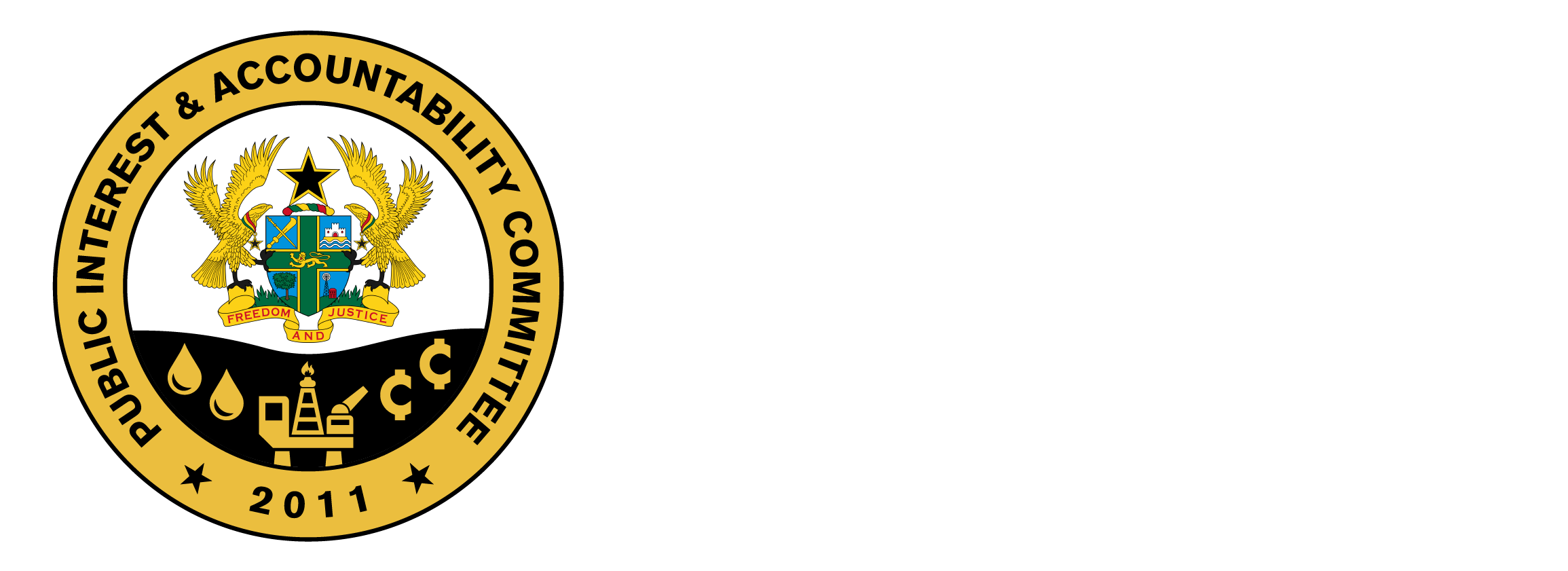A Brief History of PIAC
Most Ghanaians greeted the news of the discovery of oil and gas in commercial quantities off the west coast of Ghana, in 2007 with a mix of hope and anxiety. For some, there were good reasons to be hopeful – the onset of oil and gas will unleash massive financial resources needed to address the huge infrastructure gap that thwarts the country’s efforts at improving the quality of life of Ghanaians, while for others, the corrosive effect of oil wealth on the democratic development of neighbouring oil-rich African states was enough reason to be worried.
Guided by its commitment not to repeat the mistakes of some of its oil-rich neighbours for whom the discovery of oil and gas has been more of a curse than a blessing; and mindful of the country’s mismanagement of its mineral revenues over the years, Ghana, with the help of its development partners, quickly convened a national dialogue on how revenues generated from the oil and gas sector would be better managed.
This led to the formulation of the Petroleum Revenue Management Act (PRMA) 2011 (Act 815) which seeks to guide the spending of the petroleum revenues. The bill was passed in March 2011 but due to challenges with implementation, it underwent some amendments in June 2015 to provide a better framework for the management of petroleum revenues.
The Public Interest and Accountability Committee (PIAC) was established under Section 51 of the PRMA, to among others, monitor and evaluate compliance with the Act. The Committee was inaugurated and commenced work on 15th September, 2011. So far eighteen (18) reports (Nine Annual and Nine Semi-annual Reports) have been published by the committee. Sixteen (16) regional public fora have also been held in all the old regional capitals including two capitals of the new regions and two other regional fora in Tarkwa and Hohoe in fulfilment of the mandate of the Committee.
District engagements have also been held in 123 districts across the country with over 120 ABFA funded projects inspected in all regions of the country between 2016 and 2019.
See History of Past Leaders
Since the inception of PIAC, it has been able to execute its mandate through able and visionary leaders and its success cannot be mentioned without them

2023
Professor Kwame Adom-Frimpong

2020
Mr Noble Wadzah

2018-2019
Dr Steve Manteaw

2017-2018
Mr Joseph Winful

2015-2017
Prof. Paul Kingsley Buah-Bassuah

2011-2015
Major Daniel Ablorh-Quarcoo (Rtd)
Be Updated with Us
Donors
International Oil Companies (IOCs)
Nominating Institutions
- National House of Chiefs
- Civil Society and Community-Based Organization
- Trades Union Congress
- Association of Ghana Industries and Chamber of Commerce
- Chartered Accountants
- Independent Policy Think Tanks
- Ghana Journalist Association
- Federation of Muslim Councils
- Ghana Bar Association
- Ghana Academy of Arts and Science
- Ghana Extractives Industry Transparency Initiative
- Muslim Groups
- Christian Groups
